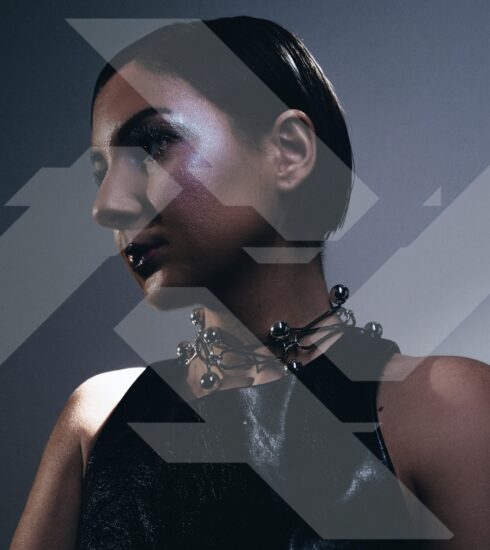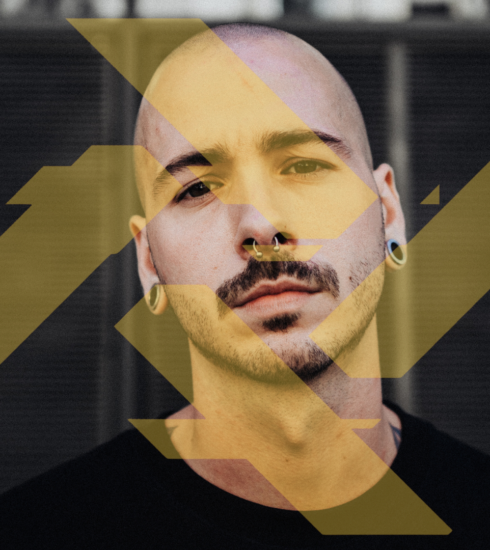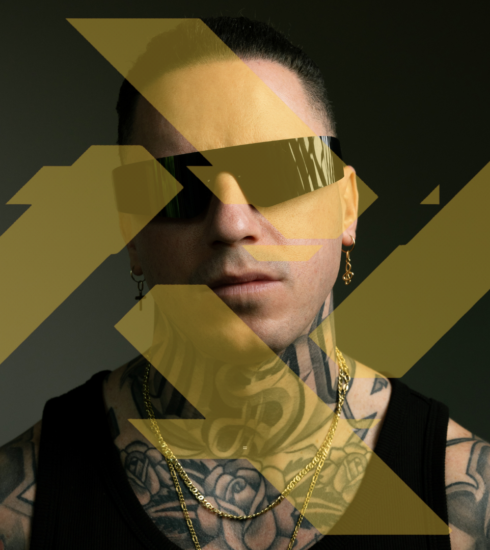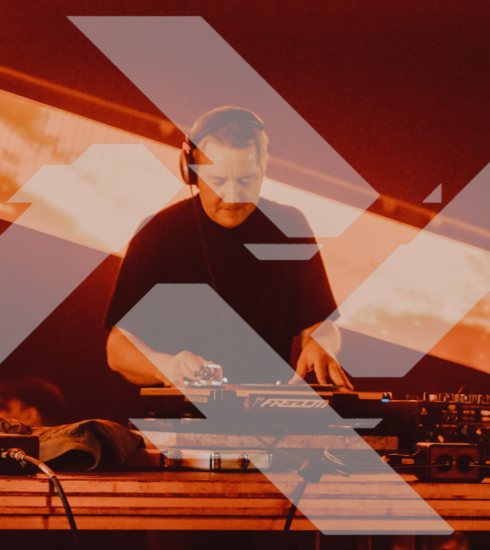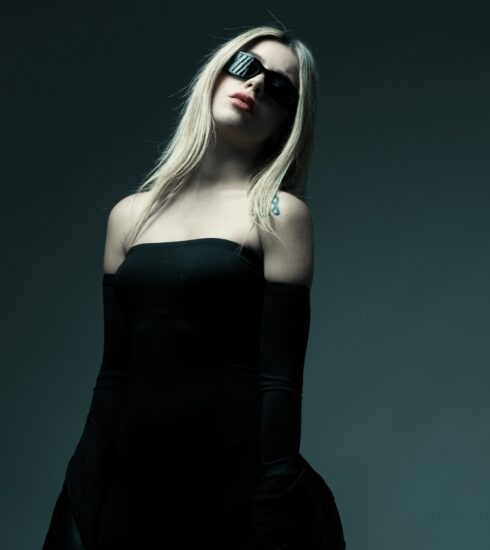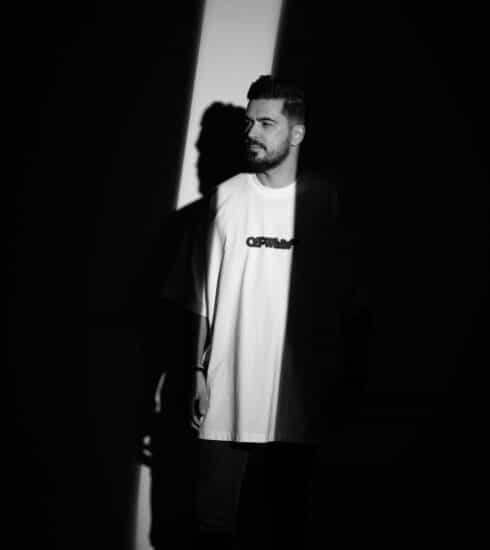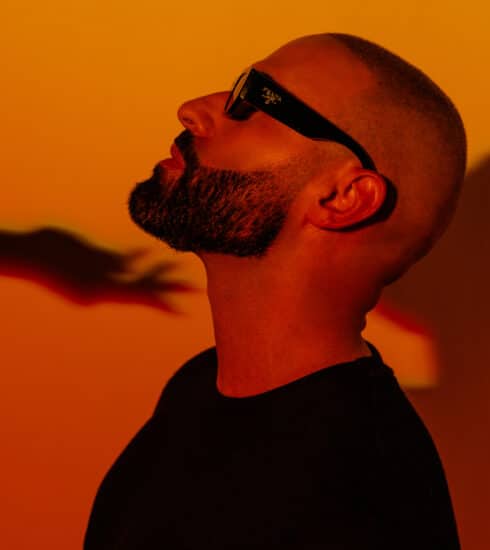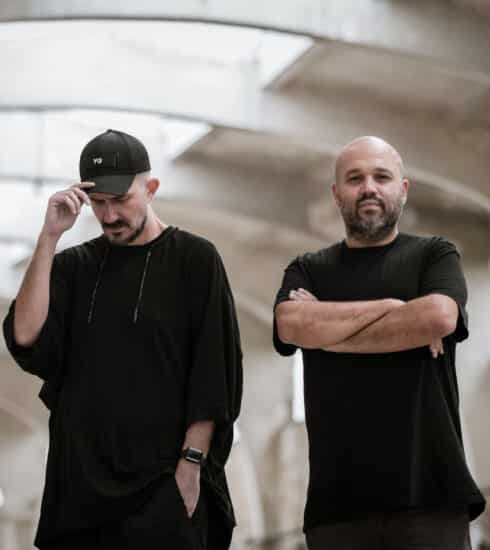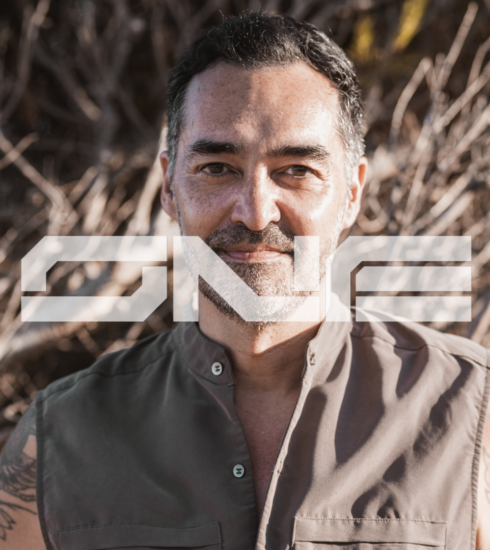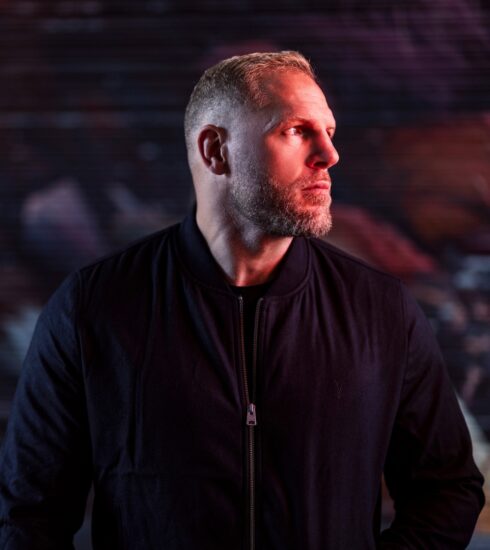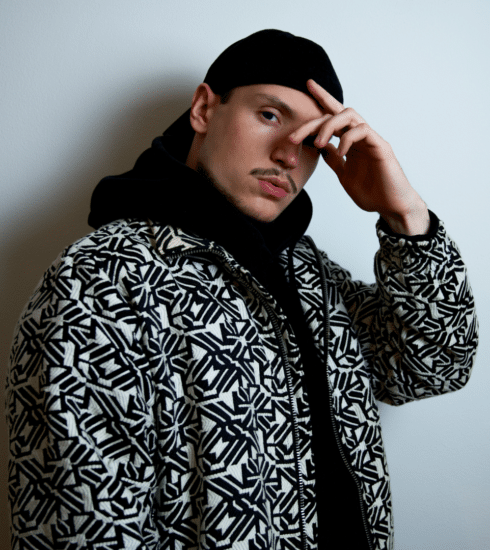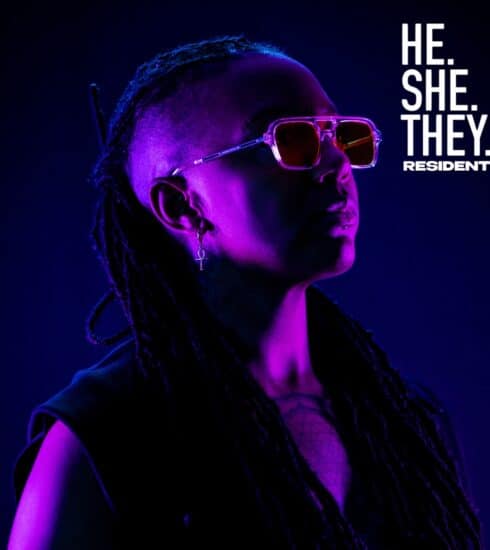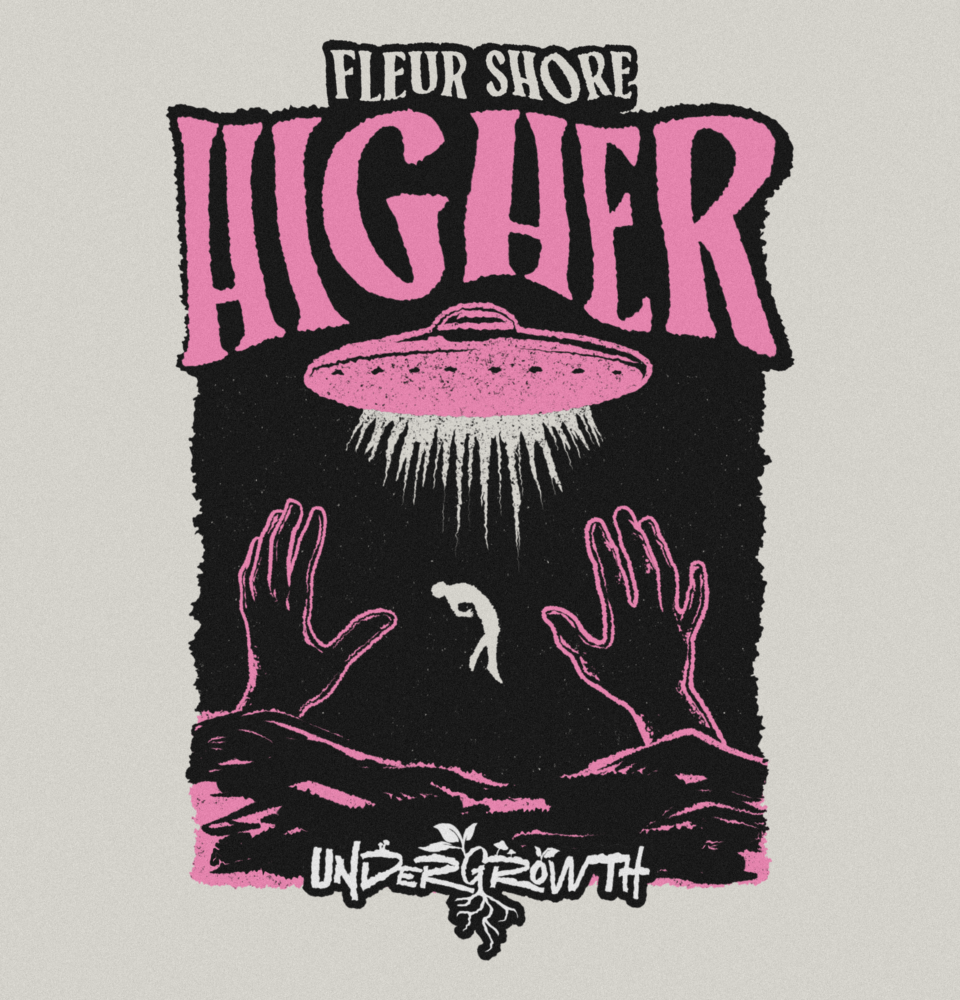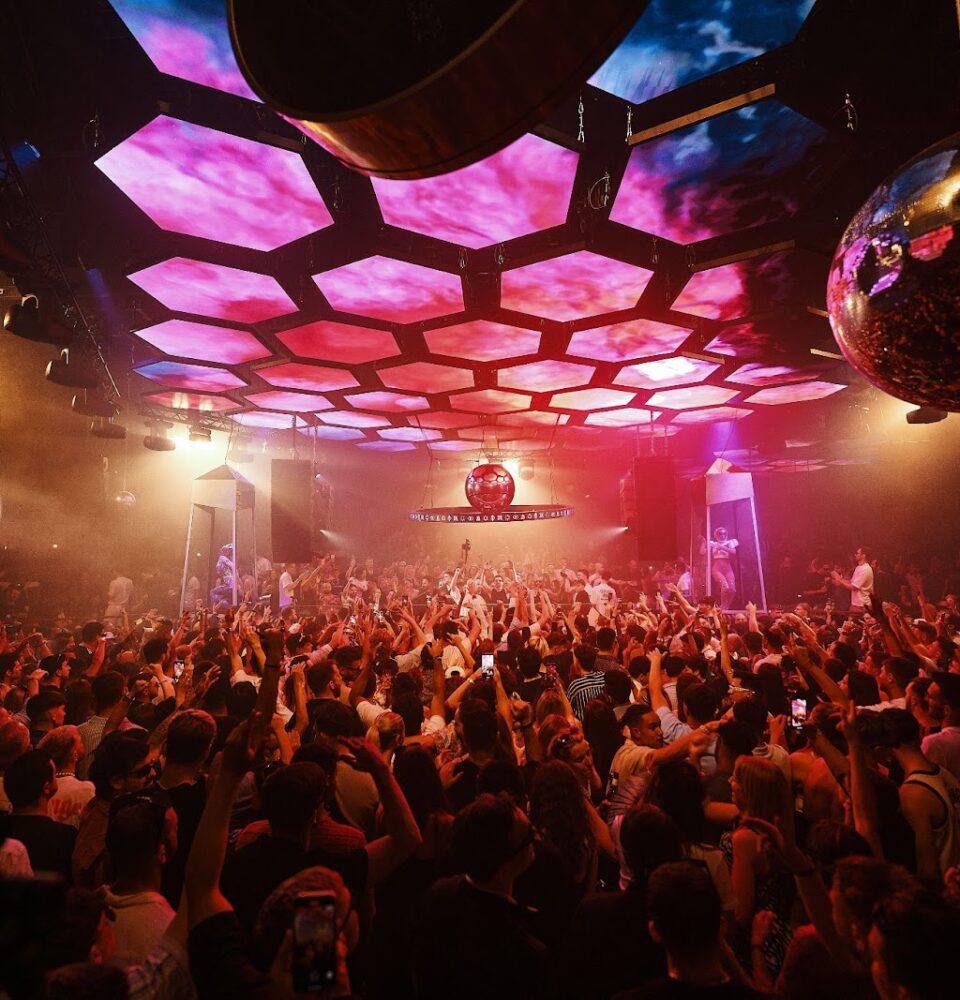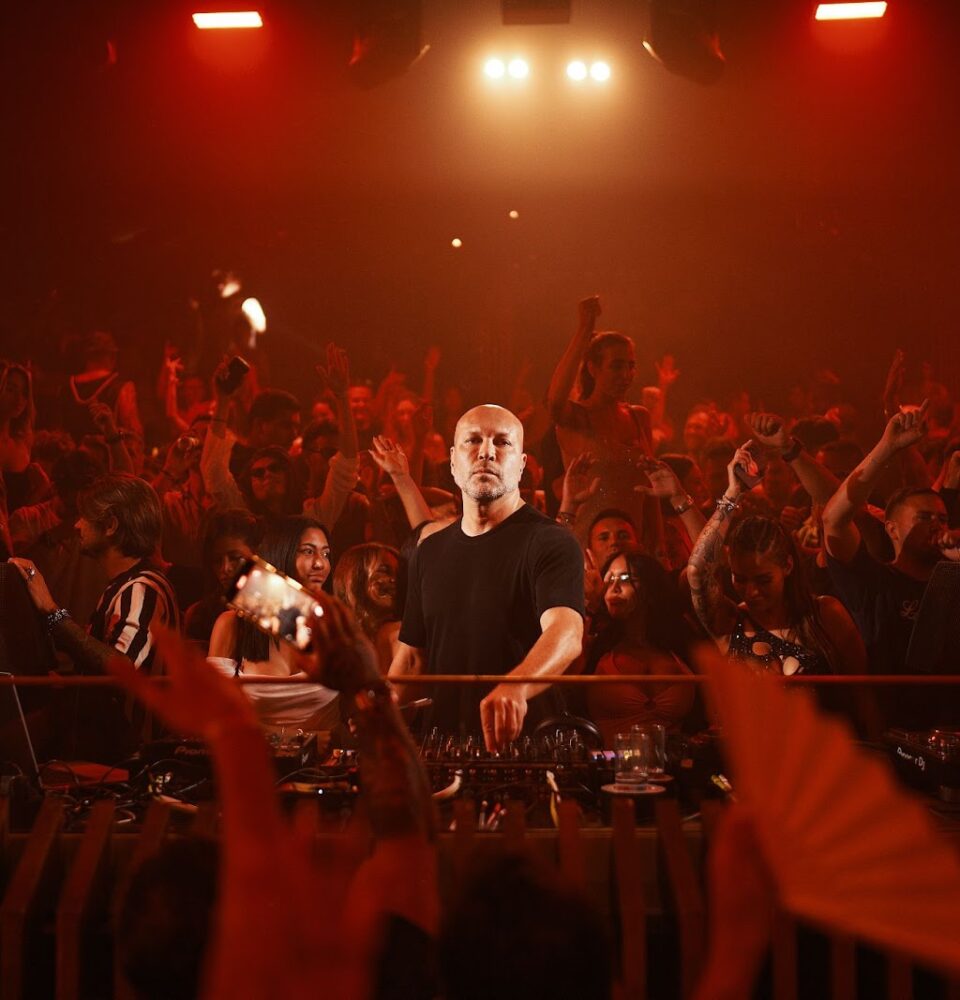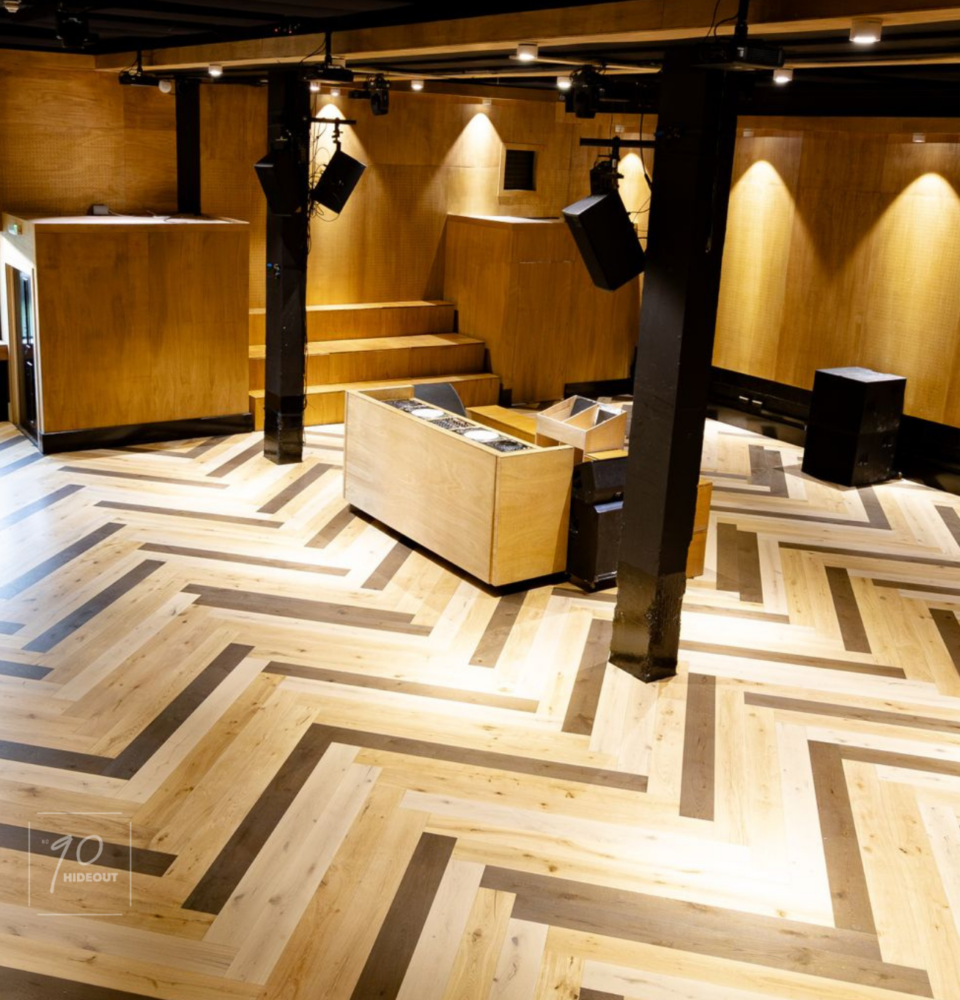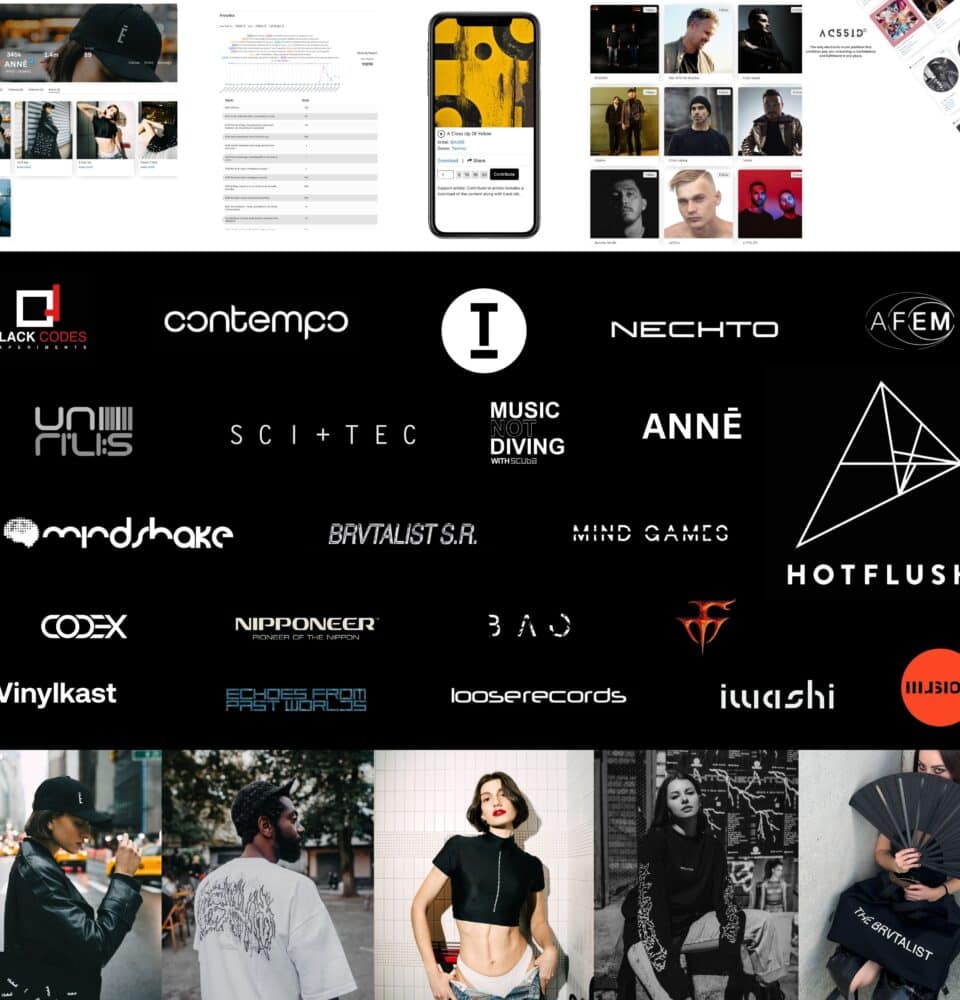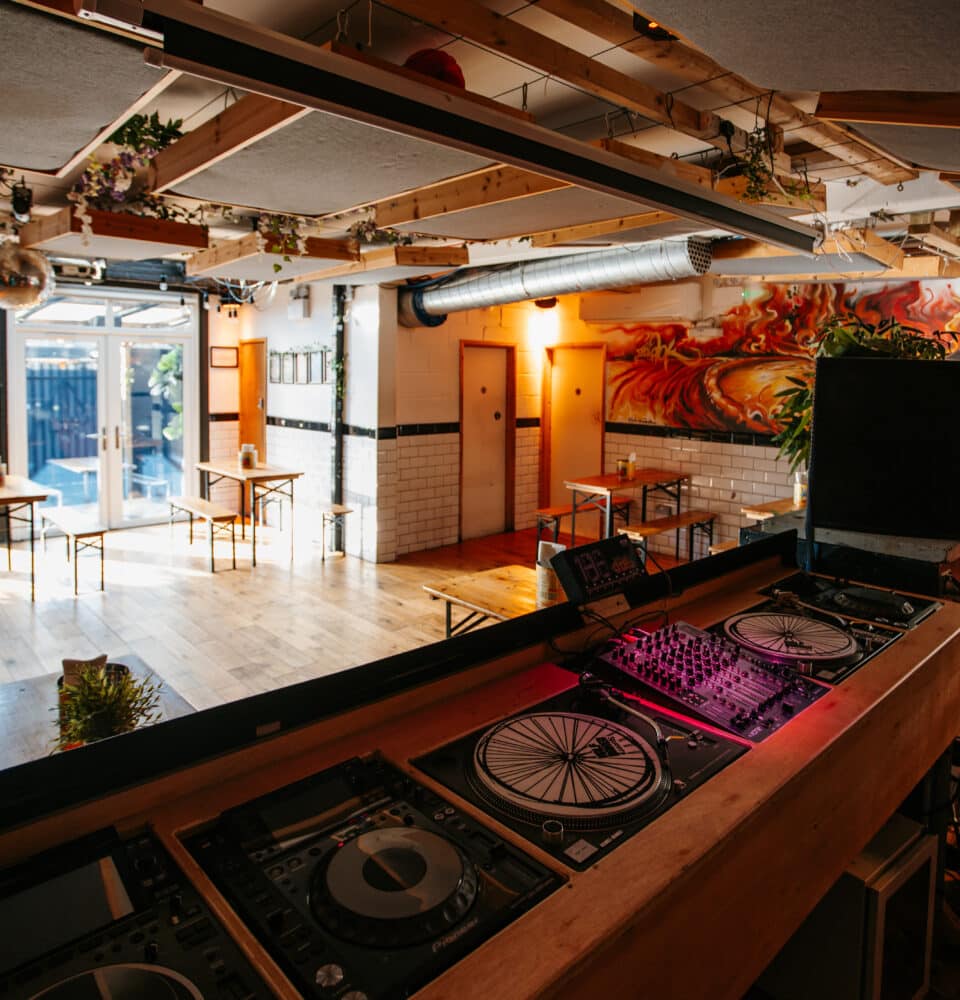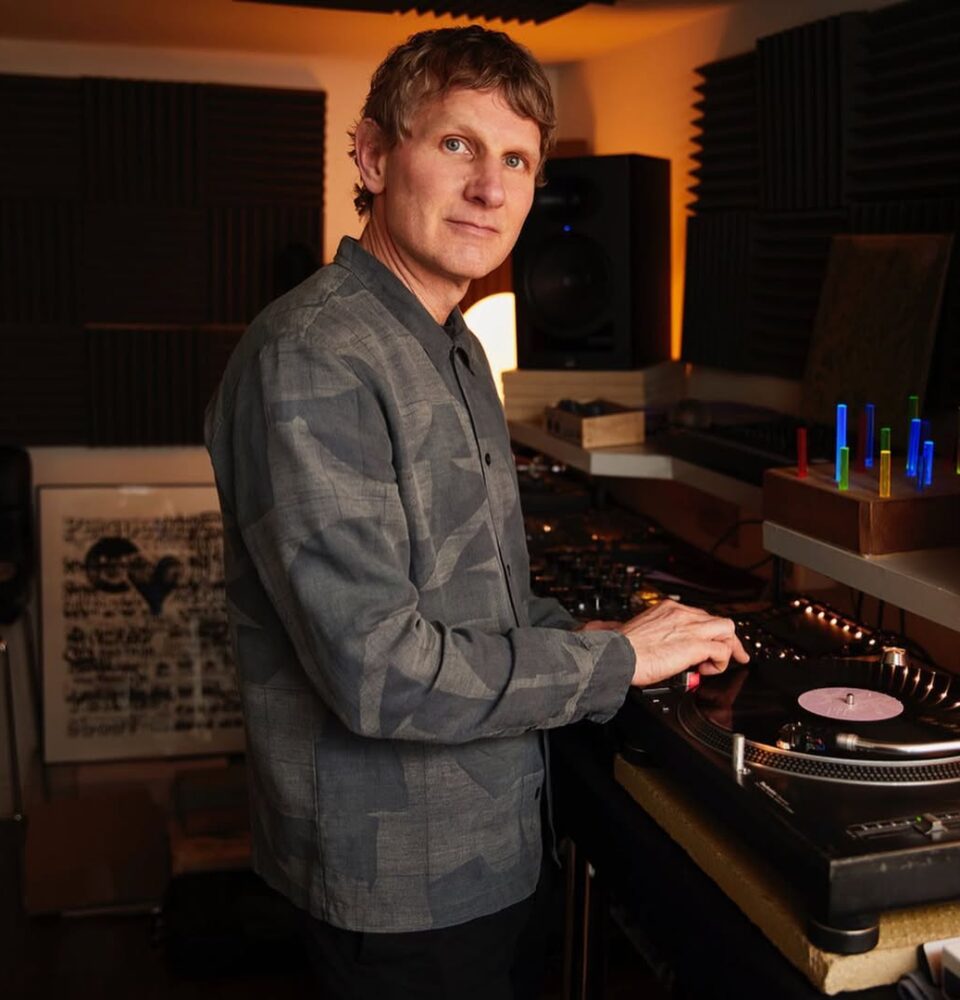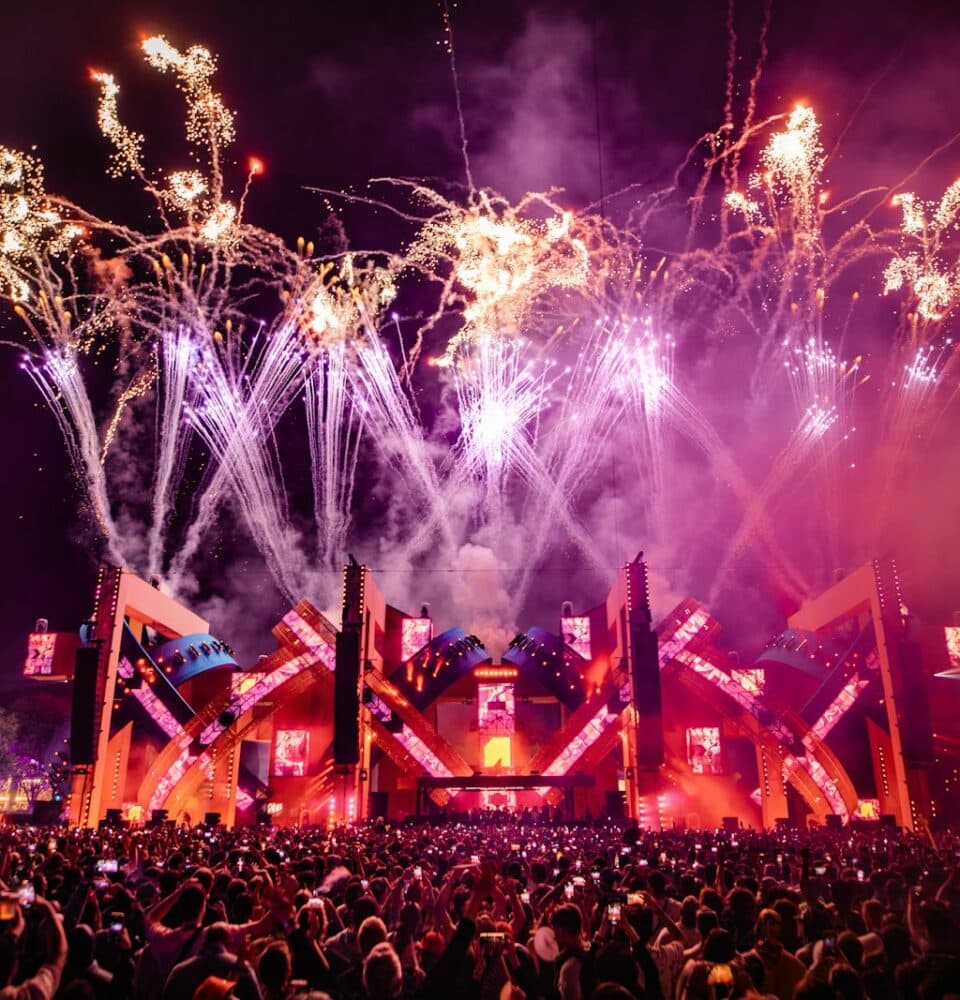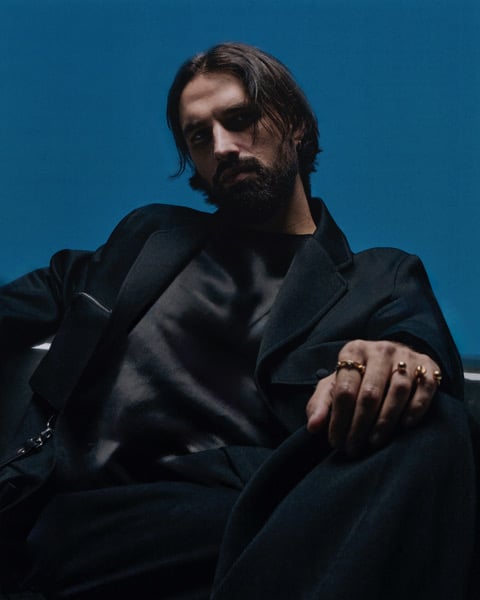RECENT TRUE TECHNO PODCAST EPISODES
DISCOVER 'A NEW CITY'
LATEST 'ONE' PODCAST EPISODES
READ LATEST INTERVIEWS
EXPLORE LATEST NEWS
ABOUT NEXT GEN DANCE MUSIC MEDIA PLATFORM TRUE UNDERGROUND
True Underground (TU) burst onto the scene in November 2022 with a bold vision: to reinvent the dance music media for the next generation of ravers. Since then, we’ve worked tirelessly to shatter genre walls and unite best‑of‑breed artists from every corner of the underground on a single, dynamic feed.
We speak directly to socially active Millennials and Gen Z clubbers (aged 21–34) who live, travel, and breathe dance music. Beyond the beats, our community embraces fashion, fitness, festivals, travel, and cultural trends—making TU a home for those who demand more than just music.
What Sets True Underground Apart as a dance music media platform?
Unshakable Integrity: We feature only the very best artists and uphold the highest quality standards—no compromises.
Record Engagement: In just two years, our SoundCloud has become one of the most engaged channels in the industry, with top‑tier artists and brands rallying behind our movement.
Our Twofold Mission to improve the dance music media
Ignite Creativity
- Leverage cutting‑edge tech to reinvent how you experience content—across our website, SoundCloud, socials, and newsletter.
- Deliver exclusive premieres, deep‑dive interviews, and genre‑busting mixes from the scene’s top artists as well as important lifestyle content.
Foster Growth
- We offer a high‑quality, tightly curated platform that transcends niche genre focused channels and A‑tier publications.
- True Underground’s diverse readership and listenership offers a new audience and highly credible brand association.
True Underground Brands & Reach
True Techno Podcast and ONE Podcast—are both invite‑only podcasts showcasing the raw, unfiltered essence of electronic music from the best artists across the scene.
Our podcasts are syndicated globally on Apple Podcasts, Amazon, Deezer, Stitcher, and Pandora, as well as Soundcloud.
Our Experience
Our newly launched website delivers a full desktop‑magazine experience with autoplay video, curated travel guides, interviews, news, and more. Every element is carefully curated to showcase the best the scene has to offer.
At True Underground, our values for coverage are very clear: if it’s not done better, we’re not doing it at all.
We appreciate your support as we build a fresh platform for dance‑music culture.



